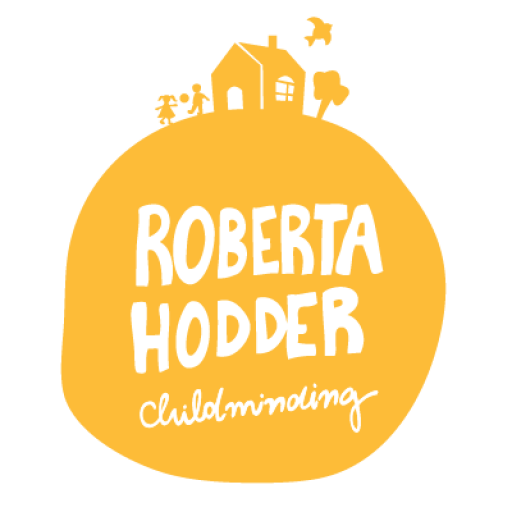A childminder will care for your child in their home. Many childminders are parents themselves and may also have their own children to care for.
Childminders can care for up to six children younger than eight, although no more than three of them should be younger than five. This means a childminder will be able to give your child plenty of attention and one-to-one care. Some childminders prefer to work with a help of an assistant.
What training and accreditation do childminders have?
Childminders have to follow the early years foundation stage (EYFS). This provides a structure of learning and care for children from birth to five years. This means they are trained to create a safe and stimulating environment for your child to enjoy and thrive in. They should also provide toys and activities suitable for the child’s stage.
All childminders must be checked by the Criminal Records Bureau, along with all adult members of their family who share their home. They have to complete first aid training and a course that covers topics such as child nutrition, food hygiene and health and safety.
They also have to be registered and have their home inspected by the appropriate authority: Office for Standards in Education (Ofsted)
What are the hours and cost of a childminder?
Childminders will usually care for your baby on weekdays between 8am and 6pm, but some may work weekends or are very flexible with arrival and collection. You’ll need to find a childminder with working hours that fit in with yours.
Childminders are self-employed, so you won’t have to pay any tax on top of the fee. Some childminders accept childcare vouchers.
Is using a childminder a good option?
Childminders are the second most common form of childcare, after relatives. If you find a childminder you and your child are happy with, it can be a wonderful alternative to other forms of care. Your child has all the comforts and security of a home setting as well as other children to play and socialise with.
If you have more than one child, they can be looked after together. Their childminder can continue to provide care as your children move on to preschool.
Groups are often smaller than they are in day nurseries, and your child may find the home environment comforting. Your child will also have a single, consistent caregiver. This will help your child to foster a close relationship with the childminder and give him/her the fun of an extended family.
Childminders are also flexible, so they may be able to take your child on trips out of the house to the park or library for example.
All three-year-olds and four-year-olds in the UK are entitled to a minimum of 15 or 30hours of free early education for 38 weeks a year. Some two-year-olds are also now eligible, but this will depend on your income status. Check with your local council to find out what help is available in your area. See the guidelines for England, Scotland, Northern Ireland, and Wales.
To find a registered childminder near you, visit: http://www.gov.uk/
